Kirk Kazanjian – The Market Masters
$12.00
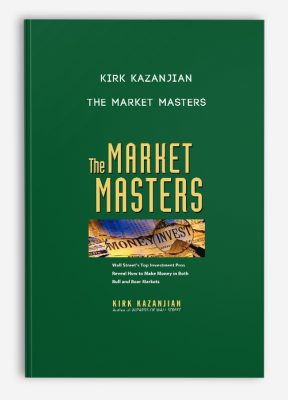
Kirk Kazanjian – The Market Masters
Get Kirk Kazanjian – The Market Masters on Salaedu.com
Description:
Twenty leading money minds reveal how to prosper in today’s volatile markets
What strategies have made Wall Street’s top investors so successful? What are their biggest mistakes and proudest accomplishments? How do they invest their own money? And what are the keys to finding the best stocks and bonds? This enlightening book features one-on-one interviews with 20 of the world’s leading mutual fund managers representing a variety of different styles-from growth gurus, value masters, bond wizards, and international globetrotters to specialists in such market sectors as technology, healthcare, financial services, and real estate. All have demonstrated track records that consistently outperform the competition. These managers speak frankly about their strategies for beating the market in good times and bad, along with their predictions for the future and exclusive lists of favorite investments for the coming years.
Kirk Kazanjian (Mountain View, CA) is an experienced investment and personal finance author. He has written more than 20 books, including Wizards of Wall Street and Value Investing with the Masters. Kazanjian is a former award-winning television news anchor and business reporter whose stories appeared on CNN and ABC stations across the country. In addition to running his own investment company, he was an executive at several leading financial firms, including American Century Investments. He is regularly interviewed by CNBC, CNNfn, and Bloomberg, and has been featured in numerous business and investment publications.
TABLE OF CONTENTS
Introduction.
PART ONE: THE GROWTH GURUS.
Manu Daftary, DG Capital Management.
- Whitfield Gardner, Gardner Lewis Asset Management.
Janna Sampson, Oak Brook Investments.
Samuel Stewart, Wasatch Advisors.
John C. Thompson, Thompson Investment Management.
PART TWO: THE VALUE MASTERS.
Robert Lyon, Institutional Capital.
Andy Pilara, RS Investments.
Richard Pzena, Pzena Investment Management.
John Schneider, PEA Capital.
Susan Suvall, Trust Company of the West.
PART THREE: THE GLOBAL GLOBETROTTERS.
Sarah Ketterer, Causeway Capital Management.
Rudolph-Riad Younes, Julius Baer Investment Management.
PART FOUR: THE SECTOR SPECIALISTS.
David Chan, Jennison Associates.
Andrew Davis, Davis Advisors.
David Ellison, FBR Fund Advisors.
Paul Wick, J. & W. Seligman & Co.
PART FIVE: THE FIXED-INCOME WIZARDS.
Daniel Fuss, Loomis Sayles.
Margaret Patel, Pioneer Investments.
PART SIX: INVESTING LIKE THE MASTERS.
Ten Keys to Beating the Market.
Glossary of Frequently Used Investment Terms.
Index.
About the Author.
AUTHOR INFORMATION
KIRK KAZANJIAN is a nationally recognized investment expert and personal finance author. He has written more than twenty books, including Wizards of Wall Street and Value Investing with the Masters. Kazanjian is a former award-winning television news anchor and business reporter whose stories have appeared on CNN and ABC stations around the country. Kazanjian has been an executive at several leading investment firms, including American Century Investments. He is regularly interviewed by CNBC, Bloomberg, and other top financial networks, and has been featured in numerous business and investment publications.
Bond -Stock Trading course: Learn about Bond -Stock Trading
Bond trading definition
Bond trading is one way of making profit from fluctuations in the value of corporate or government bonds.
Many view it as an essential part of a diversified trading portfolio, alongside stocks and cash.
A bond is a financial instrument that works by allowing individuals to loan cash to institutions such as governments or companies.
The institution will pay a defined interest rate on the investment for the duration of the bond, and then give the original sum back at the end of the loan’s term.
A stock trader or equity trader or share trader is a person or company involved in trading equity securities.
Stock traders may be an agent, hedger, arbitrageur, speculator, stockbroker.
Such equity trading in large publicly traded companies may be through a stock exchange.
Stock shares in smaller public companies may be bought and sold in over-the-counter (OTC) markets.
Stock traders can trade on their own account, called proprietary trading, or through an agent authorized to buy and sell on the owner’s behalf.
Trading through an agent is usually through a stockbroker. Agents are paid a commission for performing the trade.
Major stock exchanges have market makers who help limit price variation (volatility) by buying and selling a particular company’s shares on their own behalf and also on behalf of other clients.
More Course: BOND – STOCK
Outstanding Course:Stock Trading Success by Steve Nison and Ken Calhoun
1 review for Kirk Kazanjian – The Market Masters
Add a review Cancel reply
Related products
Forex - Trading & Investment
Forex - Trading & Investment
James Bittman – Investing with LEAPS. What You Should Know About Long Term Investing
Forex - Trading & Investment
Forex - Trading & Investment
Forex - Trading & Investment
Forex - Trading & Investment
Walter Bressert – Power Trade the S&P 500 & Active Stocks Intraday
Forex - Trading & Investment
Stock Analyzer – Top Stock Picks – SuperNova Elite [76 videos (mp4)]

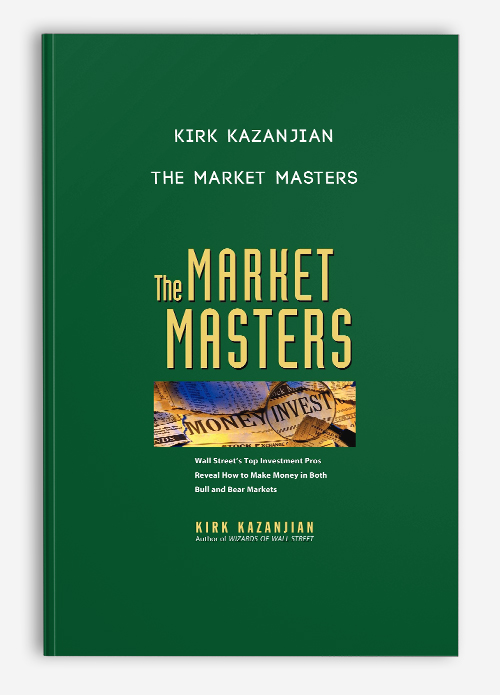
![Investors Business Daily July~Dec 2015 - [ePaper (PDF)]](https://tradersoffer.forex/wp-content/uploads/2016/11/Investors-Business-Daily-JulyDec-2015-220x280.jpg)
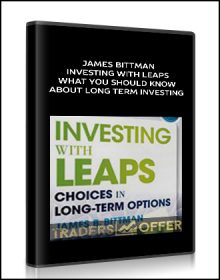
![Investors Business Daily Jan~June 2015 - [ePaper (PDF)]](https://tradersoffer.forex/wp-content/uploads/2016/11/Investors-Business-Daily-JanJune-2015-220x280.jpg)


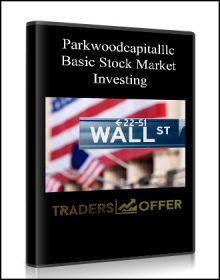
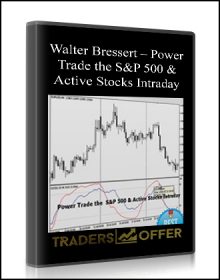
![Stock Analyzer - Top Stock Picks - SuperNova Elite [76 videos (mp4)]](https://tradersoffer.forex/wp-content/uploads/2016/11/Stock-Analyzer-Top-Stock-Picks-SuperNova-Elite-76-videos-mp4-220x280.jpg)
king –
“We encourage customers to contact Customer Service and think twice before making payment. All course contents will be similar to what is from the author.”
Thank you!